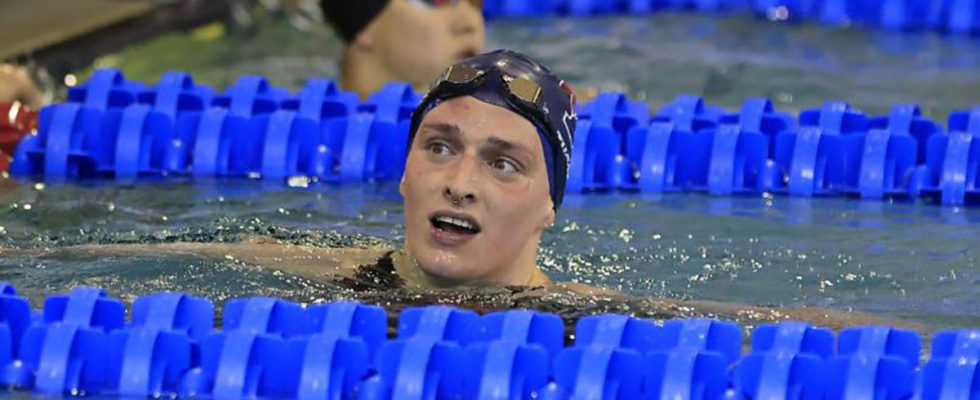World Aquatics, the international governing body for swimming, has announced plans to create an “open category” for transgender athletes.
This comes after a new policy was implemented in June 2022, which effectively barred trans women from competing in women’s events unless they transitioned before the age of 12.
Trans swimmer Lia Thomas’s medical advantage confirmed by Mayo Clinic doctor and sports physiologist.
Thomas responded to medical claims, explaining her body changes despite not having bottom surgery. She emphasizes that trans people transition for personal reasons, not athletics. Thomas expresses her goal of swimming at Olympic trials prior to IOC nixing her dreams.
Speaking at the World Aquatics Congress in Fukuoka, Japan, President Husain Al-Musallam shared that a committee had been established to work towards creating a category that would welcome trans athletes. The aim is to allow transgender individuals to compete while ensuring fairness for all participants.
Al-Musallam emphasized that it was crucial to protect fair competition for female athletes, but at the same time, discrimination should have no place in sports. He expressed the belief that everyone should have the opportunity to participate in competitions, regardless of their gender identity.
The specifics of the “open category” were not revealed during the announcement, but Al-Musallam assured that further details would be released soon. He acknowledged that the topic was complex but expressed delight in taking steps towards implementing the trial of this new category.
The policy change in 2022 was a response to the International Olympic Committee’s (IOC) guidelines and recommendations. The IOC urged international federations to develop their own eligibility criteria for women’s competitions, leading World Aquatics to implement the ban on biological male athletes competing in women’s events unless they transitioned before the age of 12.
The move towards inclusion and openness has been a significant step for World Aquatics, whose name changed from FINA in December. The new policy aims to protect the rights of athletes to compete while ensuring competitive fairness, particularly in women’s events.
The decision made by World Aquatics aligns with other international governing bodies’ actions. Earlier this month, the Union Cycliste Internationale (UCI) announced that trans cyclists would be banned from competing in international women’s events if they transitioned after male puberty. The decision was based on the understanding that some physical advantages might remain despite hormone therapy treatments.
